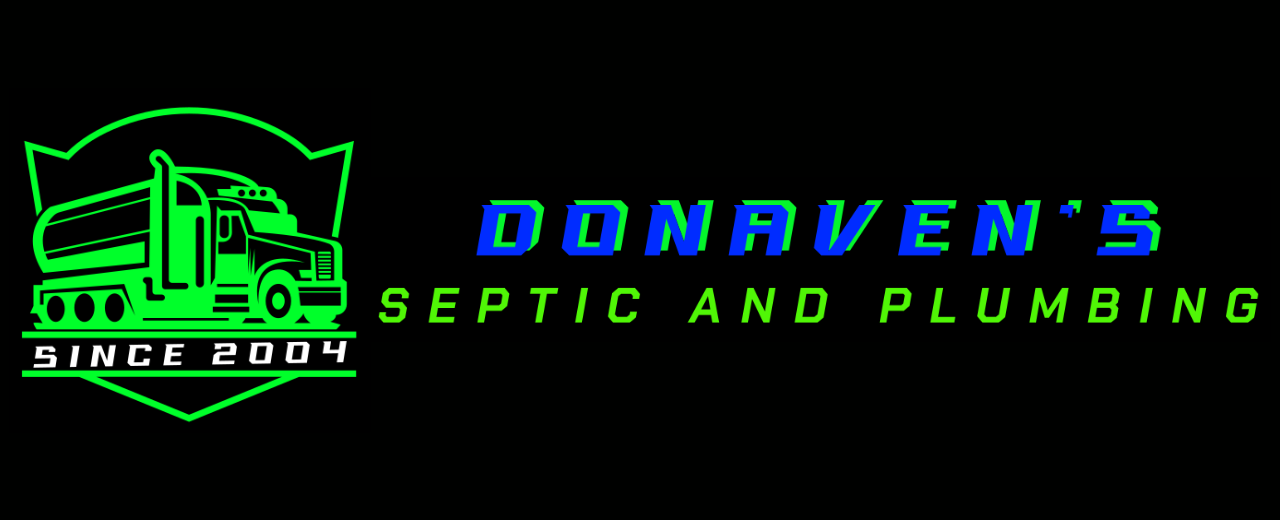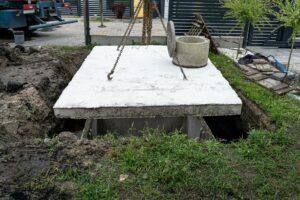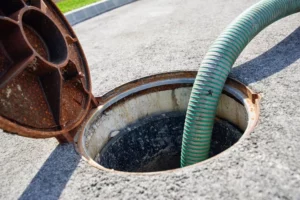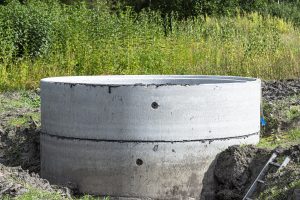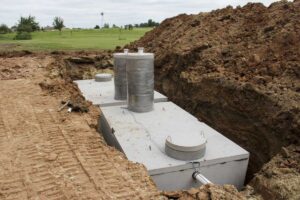For homeowners in Monroe, GA, choosing the right septic system is a critical decision that can impact not only the functionality of your home but also your property value and environmental footprint. With increasing development and growing awareness of sustainable living, more residents are exploring alternatives to traditional septic systems. One standout solution is the Eljen system, a modern, engineered system that promises superior performance in various conditions.
But how does the Eljen system truly compare to traditional septic options? What are the differences in design, performance, cost, and long-term value for homeowners in Monroe, GA? Let’s take a deep dive into what sets these systems apart and which one may be right for your property.

Understanding the Basics: Traditional vs. Eljen Septic Systems
What Is a Traditional Septic System?
A conventional septic system consists of a septic tank and a drain field (also known as a leach field). Wastewater flows from your home into the tank, where solids settle and decompose. The liquid effluent then travels into the soil through a series of perforated pipes in the drain field, where natural processes complete the treatment.
Traditional systems are widely used and time-tested but may not perform well in all soil conditions, particularly where space is limited or where the soil has poor permeability.
What Is an Eljen System?
The Eljen system is an advanced alternative septic solution that combines a proprietary geotextile fabric module with sand filtering technology. The Eljen system pre-treats effluent before it enters the soil, offering an added layer of purification and protection for your groundwater.
It is considered a hybrid of passive treatment and filtration, offering a more compact and efficient design that works exceptionally well in challenging or restrictive environments.
Key Differences Between Eljen and Traditional Systems
1. Footprint and Space Requirements
Traditional System:
These systems require a large leach field area to ensure sufficient soil absorption. This can be a limiting factor in smaller residential lots or areas with landscaping or hardscape features.
Eljen System:
The Eljen system offers a much smaller footprint. It is an ideal solution for properties with space constraints, sloped terrain, or environmentally sensitive zones—common challenges for homeowners in Monroe’s more rural or wooded areas.
Advantage: Eljen System
2. Soil Compatibility and Versatility
Traditional System:
Requires deep, well-draining soils for optimal operation. In areas with high clay content (common in parts of Monroe, GA), traditional systems may fail or require extensive soil modification.
Eljen System:
Engineered to perform in marginal or less-than-ideal soil conditions, the Eljen system is versatile enough for both new installations and repairs or upgrades to failing conventional systems.
Advantage: Eljen System
3. Environmental Impact and Treatment Quality
Traditional System:
While effective, traditional systems rely heavily on soil absorption. If the soil fails to treat the effluent properly, it can lead to contamination of groundwater or nearby bodies of water.
Eljen System:
Eljen’s two-stage treatment process—first through the proprietary geotextile module and then through sand filtration—enhances effluent quality before it even reaches the soil. This significantly reduces the risk of environmental contamination.
Advantage: Eljen System
4. Installation Complexity and Time
Traditional System:
Often quicker and less technical to install, assuming optimal soil conditions are met. The cost of labor and materials tends to be lower initially.
Eljen System:
Requires precise placement and may need more skilled labor due to its modular setup and filtration media. However, it often saves time in permitting and inspections due to its high efficiency and smaller footprint.
Tie: Depends on site conditions and contractor experience
5. Maintenance and Longevity
Traditional System:
With regular pumping and proper use, a traditional system can last 20–30 years. However, systems installed in sub-optimal soils may require costly repairs or premature replacement.
Eljen System:
Offers greater durability in challenging environments. Its modular design also makes repairs more targeted and manageable. Eljen modules are designed for long-term use and have shown longer-lasting performance in various soil types.
Advantage: Eljen System
6. Cost Considerations (Short-Term vs. Long-Term)
Traditional System:
Installation costs are generally lower, making it attractive for budget-conscious homeowners. However, it may lead to higher maintenance or remediation costs down the road.
Eljen System:
Initial installation can be more expensive due to advanced materials and added filtration components. However, reduced failure rates and environmental protection often lead to long-term savings.
Consider it an investment in peace of mind and sustainability.
Advantage: Eljen System (for long-term value)
Why Eljen Systems Are Gaining Popularity in Monroe, GA
Homeowners in Monroe are becoming more proactive about protecting property value, ensuring water quality, and meeting local permitting standards. As population growth puts more pressure on infrastructure and land development, smarter septic solutions are necessary.
Eljen systems are now widely recommended for:
- New construction where lot size is limited
- Homes near water bodies or wells
- Replacements of failing traditional systems
- Environmentally regulated areas
- Properties with clay-rich or rocky soils
What Local Codes Say About Eljen Systems
In Monroe and the broader Walton County area, soil testing and septic permitting are required for all installations. Fortunately, the Eljen system is approved by the Georgia Department of Public Health, which allows for its use in situations where traditional systems may not qualify.
Working with a certified installer who understands Monroe’s environmental conditions and local codes is essential to ensuring a smooth and compliant installation.
Is an Eljen System Right for You?
While the Eljen system outperforms traditional options in many areas, it’s not a one-size-fits-all solution. The right system for your home depends on:
- Soil conditions
- Lot size and layout
- Budget and long-term priorities
- Local permitting regulations
- Future property development plans
That’s why a site evaluation by a licensed septic contractor is a crucial first step.
Final Thoughts: Make an Informed Decision
Choosing between an Eljen System in Monroe, GA, and a traditional septic setup is about balancing cost, performance, and environmental impact. In Monroe, GA, where terrain and soil conditions can be unpredictable, Eljen systems offer flexibility, resilience, and peace of mind for conscientious homeowners.
At Donaven’s Septic and Plumbing, we specialize in professional Eljen system installations tailored to Monroe’s unique soil conditions and code requirements. With years of experience and a commitment to reliable service, our team can help you determine the best septic solution for your property, whether it’s traditional or cutting-edge.Contact Donaven’s Septic and Plumbing today for a free consultation and discover how an Eljen system can provide efficiency, reliability, and long-term value for your home in Monroe, GA.
